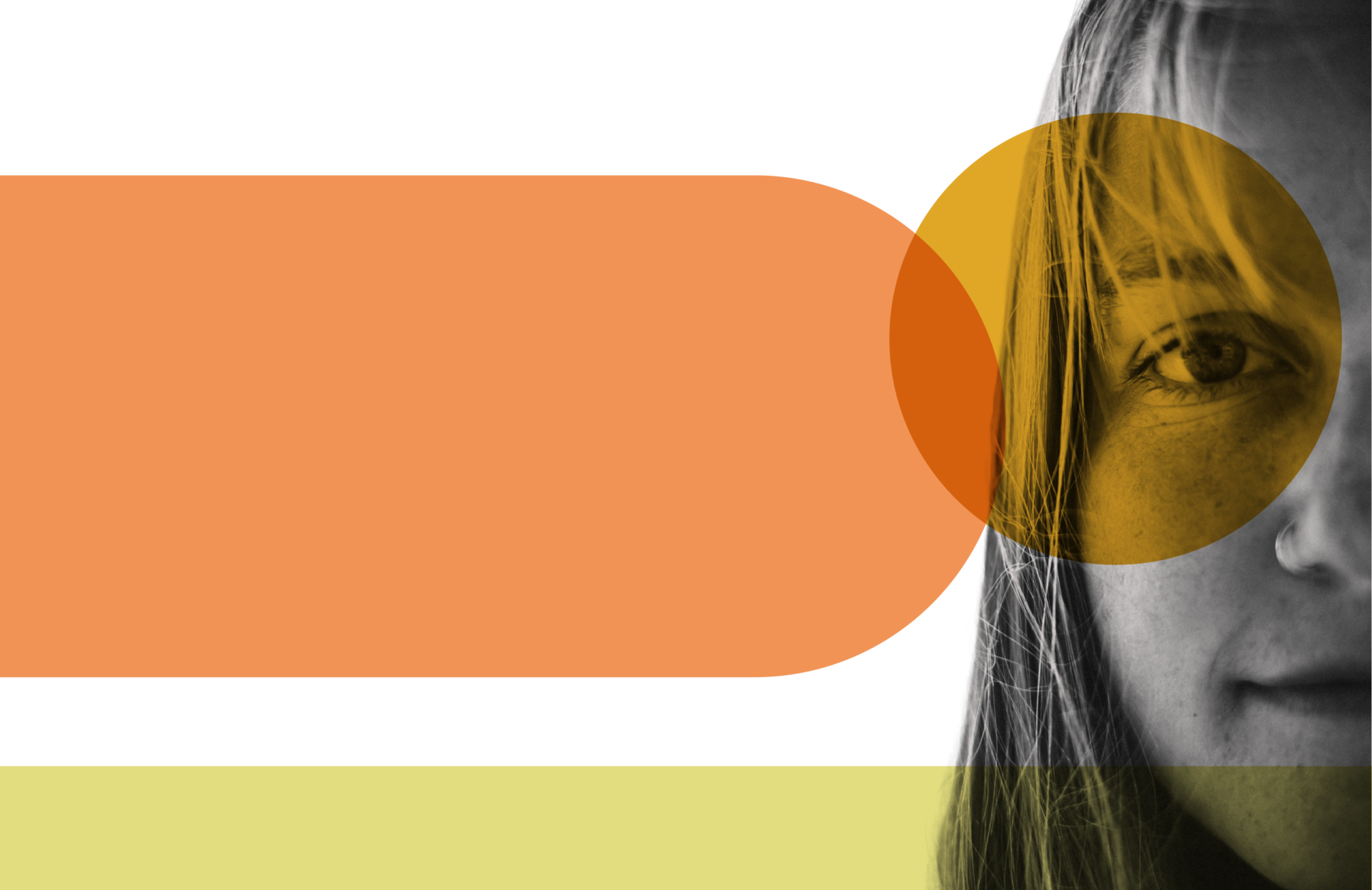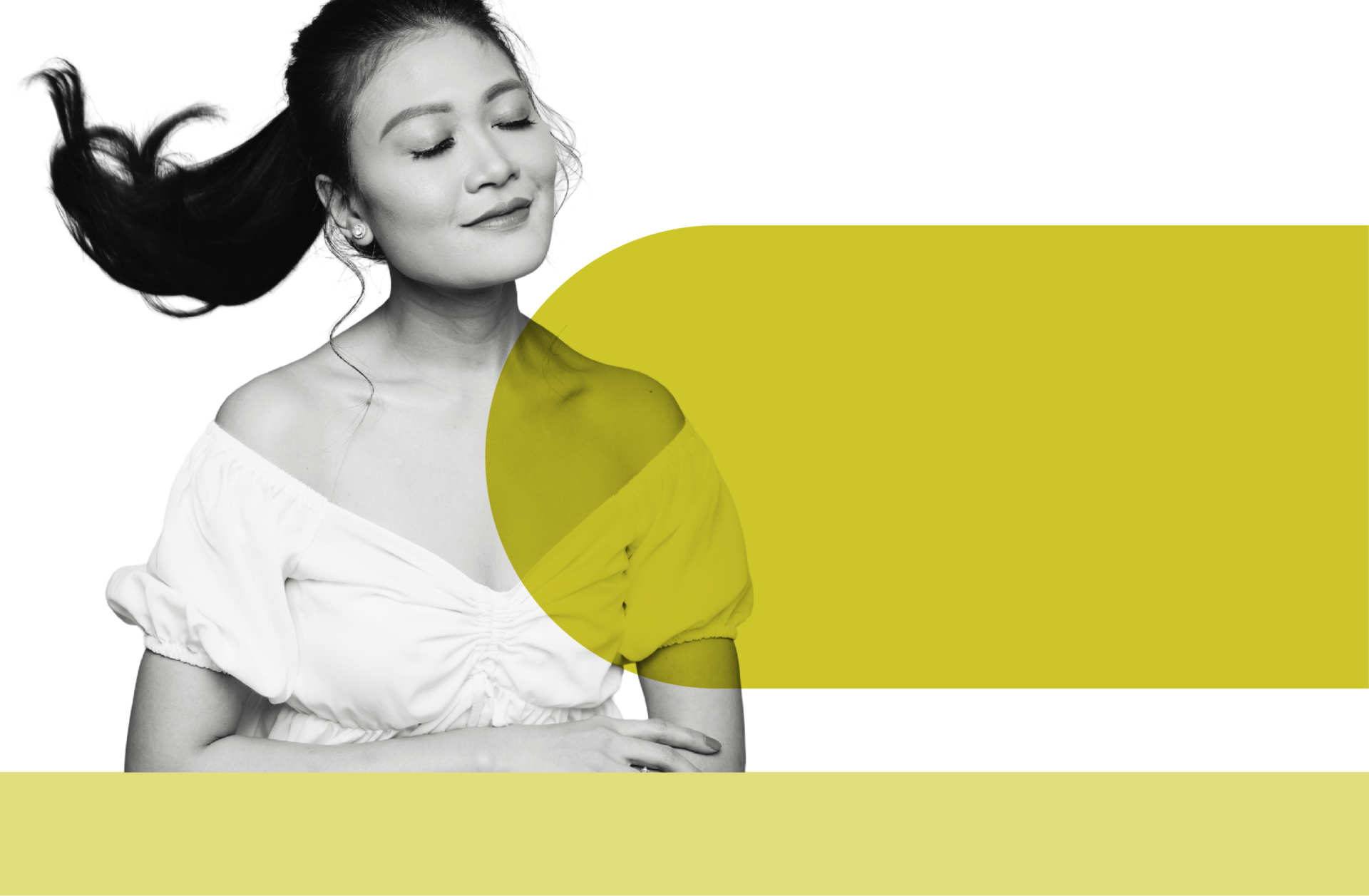Anxiety disorders are the most common of mental disorders. They affect nearly 30% of adults at some point in their lives.
Anxiety disorders respond well to 2 types of treatment namely psychotherapy and medications. The treatments can be given alone or in combination.
There are several types of anxiety disorders: generalised anxiety disorder, panic disorder with or without agoraphobia, specific phobias, agoraphobia, social anxiety disorder and separation anxiety disorder.
Women are more likely to experience anxiety disorders than man.
Understanding Anxiety Disorder

Generalised anxiety disorder involves persistent and excessive worry that interferes with daily activities
This ongoing worry and tension may be accompanied by physical symptoms such as restlessness, feeling on edge or easily fatigued, difficulty concentrating, muscle tension or problems sleeping. Often the worries focus on everyday things such as job responsibilities, family health or minor matters such as chores, car repairs or appointments.

The core symptom of panic disorder is recurrent panic attacks, an overwhelming combination of physical and physiological distress
During an attack several symptoms occur which include palpitations; chest tightness; sweating; trembling or shaking; shortness of breath; numbness tingling; nausea or abdominal pain; hot flushes; feeling detached; fear of losing control and a fear of dying.

Our Psychiatrists are committed to providing comprehensive assessments to correctly identify Anxiety Disorder symptoms and ensure that you receive an accurate diagnosis.
Book online for a fast, affordable and convenient online Anxiety Disorder assessment or call Fluence Clinic directly on
0457 243 459

Understanding Anxiety Disorder
Anxiety disorders are the most common of mental disorders. They affect nearly 30% of adults at some point in their lives.
Anxiety disorders respond well to 2 types of treatment namely psychotherapy and medications. The treatments can be given alone or in combination.
There are several types of anxiety disorders: generalised anxiety disorder, panic disorder with or without agoraphobia, specific phobias, agoraphobia, social anxiety disorder and separation anxiety disorder.
Women are more likely to experience anxiety disorders than man.
Generalised anxiety disorder involves persistent and excessive worry that interferes with daily activities.
This ongoing worry and tension may be accompanied by physical symptoms such as restlessness, feeling on edge or easily fatigued, difficulty concentrating, muscle tension or problems sleeping. Often the worries focus on everyday things such as job responsibilities, family health or minor matters such as chores, car repairs or appointments.
The core symptom of panic disorder is recurrent panic attacks, an overwhelming combination of physical and physiological distress.
During an attack several symptoms occur which include palpitations; chest tightness; sweating; trembling or shaking; shortness of breath; numbness tingling; nausea or abdominal pain; hot flushes; feeling detached; fear of losing control and a fear of dying.
Our Psychiatrists are committed to providing comprehensive assessments to correctly identify Anxiety Disorder symptoms and ensure that you receive an accurate diagnosis.
Book online for a fast, affordable and convenient online Anxiety Disorder assessment or call Fluence Clinic directly on
0457 243 459

